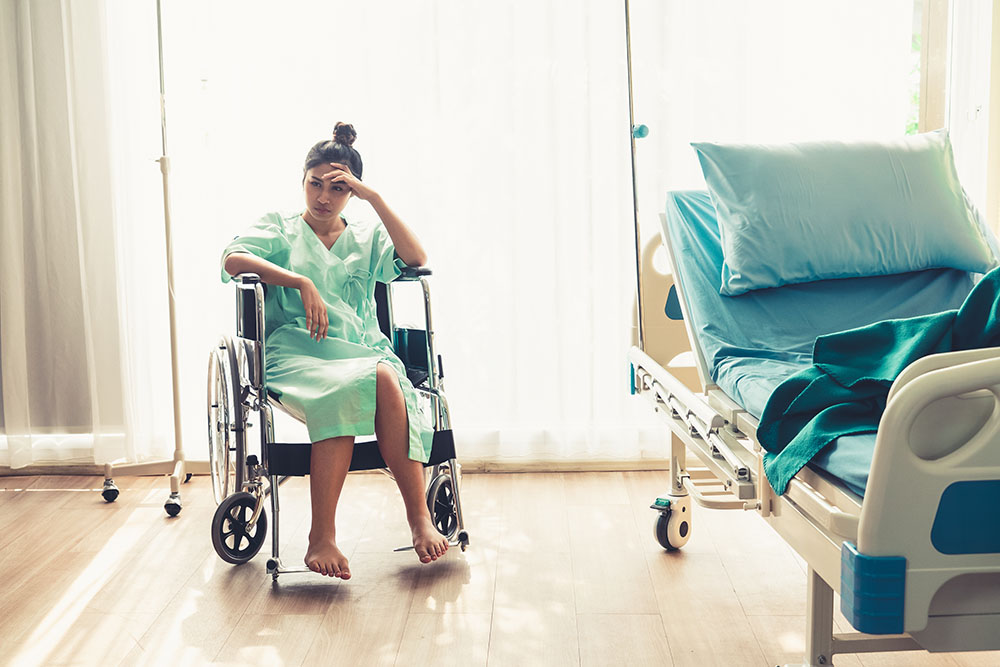The civil justice system plays a key role in women’s health that many people are unaware of. Access to the civil justice system makes women’s health safer and helps keep corporate misconduct in check when regulators of medical devices have been unwilling to rank the health of women above financial profit. Corporations have rushed products to market without properly conducting safety studies and concealing known safety issues in exchange for profit.
In addition, women historically have been underrepresented in Phase I clinical drug trials. According to an investigative study published in Women’s Health Issues in 2009, “Although the last US Food and Drug Administration (FDA) study (published in 2001) showed that women’s participation may have been statistically large enough to determine whether the drug was effective in women, the rate of women’s participation throughout the whole process of testing a drug was variable, with women clearly underrepresented in most trials. By 2002, studies indicated that only 24% to 25% of subjects in many phase 1 and 2 clinical trials were women.â€Â As a result, women have suffered disproportionately from the effects of dangerous and defective drugs and medical devices.  Recently in the news lawsuits are being filed against manufacturers of NuvaRing and Essure, both contraceptive methods used by women and marketed by doctors.
Following are some historical examples of known abuses against women:
- Hormone Replacement Therapy – With the knowledge that breast cancer is the second deadliest form of cancer affecting women, pharmaceutical companies, since 1942, have marketed estrogen supplements as HRT even with known links to breast cancer, heart attacks, and blood clots.
- The Dalkon Shield – The manufacturer, A.H. Robbins knew the contraceptive caused fatal infections but it wasn’t until 1980 that, after lawsuits, the company finally agreed to issue a letter to doctors recommending the removal of the device.
- Surgical Mesh – These devices cause organ perforation, infection, and many more side effects. Many versions went to market without FDA approval and at least 70,000 women have vaginal mesh implants each year. Johnson & Johnson stopped selling it’s product in 2012 after facing 4,000 lawsuits from injured women.
- Deputy Artificial Hips – Introduced in 2015 by Johnson & Johnson, the ASR XL Acetabular hip replacement system immediately began attracting attention. Doctors reported the device shed large portions of metallic debris and caused infection, fractures, dislocations, necrosis and nerve damage. The device stayed on the market for 5 years until sales were halted in 2010. Johnson & Johnson payed over $4 billion to settle thousands of cases.
Click here to contact us to schedule a free consultation to see if you have a case.
At Hudson & Castle, we approach each case ethically, honorably, and skillfully, beginning with a free consultation, continuing with the convenience of flexible appointments, and finally, charging you nothing unless we win or settle. . Please call Hudson & Castle at (302) 428-8800 (Monday-Friday, 8:30am- 5:00pm, ET) or contact us, and we will get back to you shortly to discuss your case.Â





